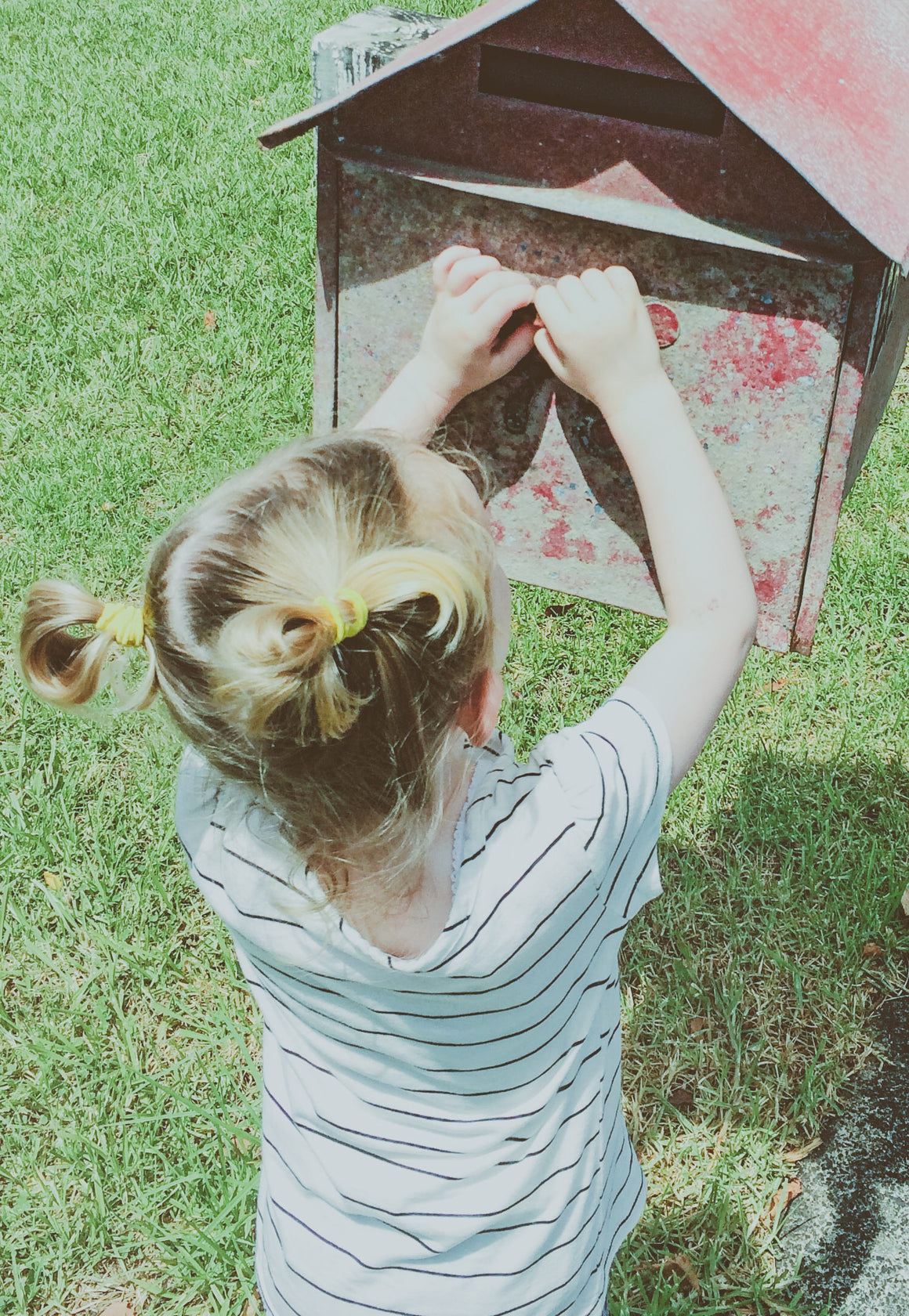
The Importance of Play - do kids really need it anymore?
"Play is the highest form of research"
Albert Einstein
Next time your trying to drink a cup of tea in peace only to be disturbed by the exuberant shrieks of your children, or heave a sigh at the sight of their bedrooms after they’ve spent the afternoon playing there, remember - they are simply acting upon their biological instincts.
Over a century ago German Philosopher and Naturalist Karl Groos realised that play appeared in all species of young mammals. He discovered play is nature's way of ensuring that they practise and master the skills they need to survive and thrive in their environments. This includes our young humans.
Play is nature's way of ensuring that children practise and master the skills they need to survive and thrive in their environments.
Play is a natural part of growing up. It helps kids to develop the social, physical, cognitive and emotional skills they need for adult life. Children will always find a way to play, it’s in their biology, it’s how they discover the world around them.

However, some modern day parents seem to have lost sight of this, believing their kids can only be amused by expensive activities or all the ‘must have toys’.
The reliance some modern day kids have on structured activities or the latest toy or technology has led some to ask - do kids really play anymore?
Real play is becoming endangered. Instead of going outside and building forts many kids are now lured towards their latest computer game. Once little boys and girls treasured their one special teddy or doll, now they have multitudes of toys, many left untouched.
Real play is becoming endangered.
Studies have shown that children who are given too many toys actually play less than those with fewer toys, and toys that 'do a lot', rather than ones that 'the child can do a lot with' stifles their creativity.
Experts warn that kids who spend a lot of time using technology, whether it be watching TV, sitting on an iPad or playing a computer game, don't spend enough time outside or playing with others and so dont undertake as much social or physical play as they should.

Experts also suggest that kids need more free time. Instead of having their days packed with lessons, sports and structured activities, kids should have free play. This encourages skills such as self-direction, self-management and a broad range of thinking skills like planning, problem-solving and decision making - all key competencies identified by future focused educators.
Studies have shown that children who are given too many toys actually play less than those with fewer toys...kids don't spend enough time outside.... kids need more free time.
With the pitfalls of modern day play becoming more apparent many parents are now looking back to times gone by, when toys were fewer and simpler in design, when children's days were less structured and slower paced.
In recent times more parents and children are now embracing free, simple, natural play, and all the benefits that come with it.
How to play 'simply'
1) Limit the amount of toys on offer. A general rule of thumb is to limit preschoolers toys to around two dozen. Look out for multiples of the same toy. Don't throw excess toys away. Instead donate, store some out of eyesight and rotate them, then think carefully before buying your next set of presents.

2) Provide your kids with simpler, more natural playthings such as stuff they can make things with, shells, lengths of fabric, stuff from the recycle bin. Give them dolls without facial expressions so your child can add their own emotions or rope for skipping....Think retro!
3) Unplug from technology. Limit the time your children spend using technology and be mindful of providing your children with some technology free time and space.
4) Embrace nature. Go outside for walks in all weathers, look for bugs and flowers, make things with sticks.

5) Give kids the time and space they need. Allow them to get bored so they can use their imagination to make up their own games, create something or play pretend. Allow them to work things out for themselves, to squabble, to compromise, to run, to climb, to learn.

Finally, don’t forget to have fun!
Did you enjoy this article? If so share it with friends. Like my Facebook page and follow me on Instagram to see more.
Also in Snail Life - A Slow Parenting Blog

Gifts for kids - that encourage simple, natural play





Karen Rewcastle
Author